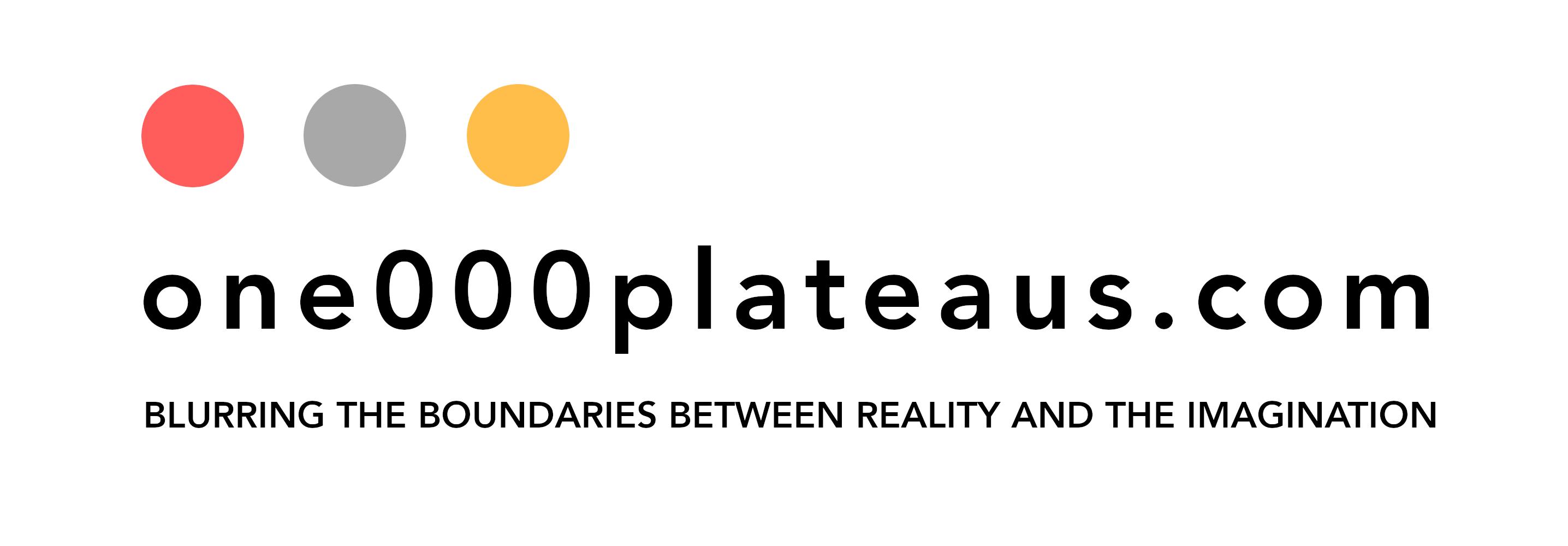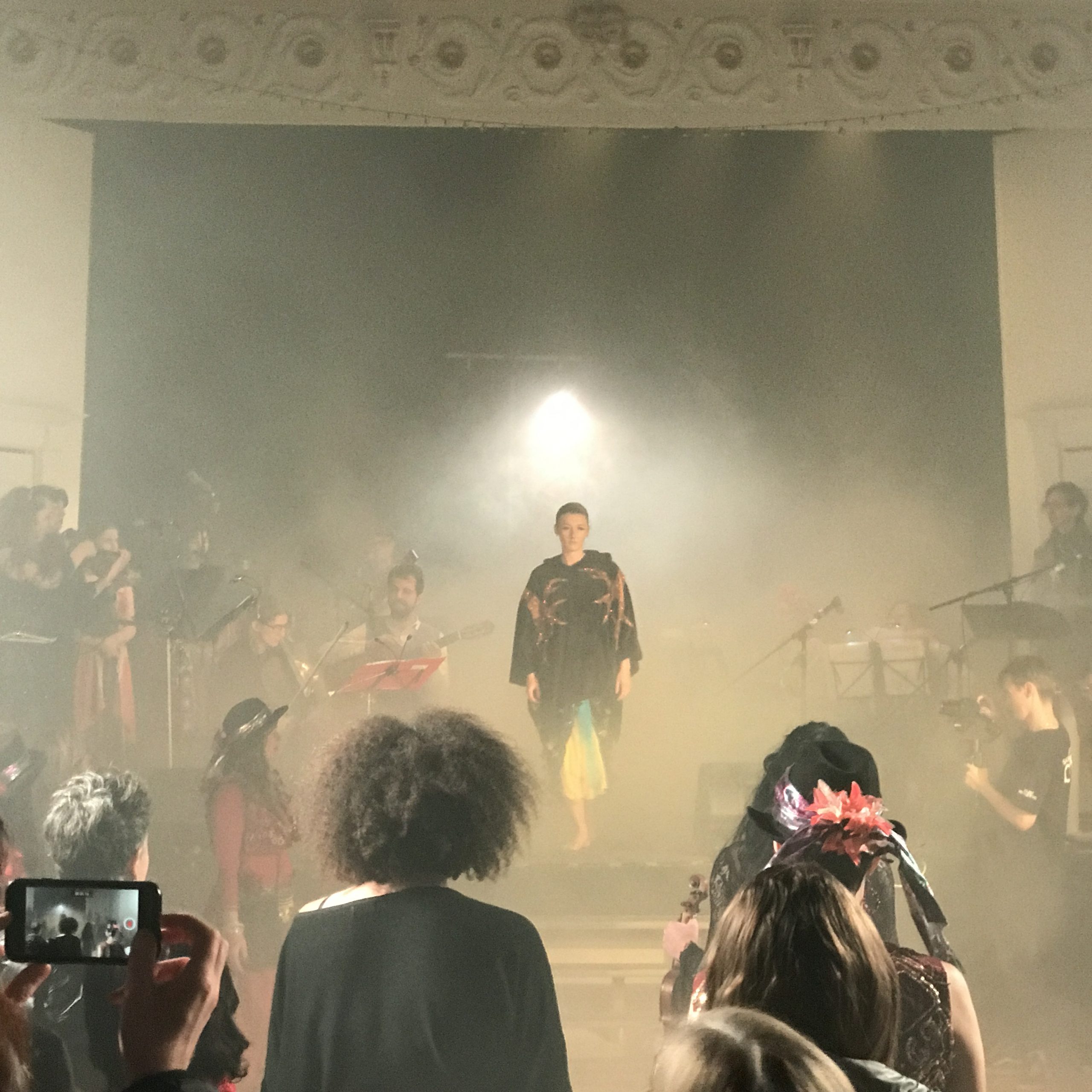The Imaginarium of Dreams is an evening of audiovisual live performance, music, video and spoken word created created for the We Shine – Portsmouth festival of light. It will feature musicians, poets, video artists, sonic artists, theatre, dance and live arts. Responding to an open call artists will be invited to present short (20-30 minute) audio-visual performances that will haunt, beguile and inspire.
The Imaginarium of Dreams builds on previous events for which 1000 Plateaus has commissioned local artists to create audiovisual performances including collaborations with The Front Room to produce audiovisual, spoken-word, performance events; Brave New World (2019), and Waving Not Downing (2017); two previous iterations of Delirium, Dreams & Nightmares in 2018 and 2020 as part of Portsmouth Darkfest; and a series of collaborative cross-arts events including This is Not Boring (2016) and Dar or Darker Shivering or Not (2016) at Coastguard Studios.
The Imaginarium of Dreams is to be staged an empty shop front in or around the Commercial Road shopping centre in Portsmouth city centre, the event will take place over three evenings in November 2021 as part of We Shine Portsmouth – Portsmouth’s very own street art and light festival. The audience will be able to view the audio-visual installation that will form the setting for the performances from outside in the street – in a socially distanced open-air setting.
The Imaginarium of Dreams will invite creatives to present new work, adapt old work, or experiment with work in progress. We will draw on our network to match creatives with other artists; poets, dancers, VJ’s, filmmakers, sonic artists, musicians, performers, writers in order to foster new collaborations and encourage creatives to work across new fields of practice.
The Imaginarium of Dreams call for contributors will invite responses to the theme of “Tales of the Uncanny” from artists, performers, poets, musicians, writers, dancers, filmmakers and creatives from all fields or walks of life. The only proviso is that their response includes:
- an element of live performance,
- has a strong visual element in the form of a film or video,
- an audio-visual synthesis of the word, the image and the stage.
The Imaginarium of Dreams will encourage creatives to think beyond just the spoken word and to consider theatre, performance, film and sonic arts as means of taking positive action. Our experienced team of creatives and event producers will offer advice support and mentorship to those new to audiovisual performance and installation.
Please send the following as an expression of interest by 10th September 2021:
- Title for your performance.
- 50-150 word synopsis describing your performance (for use in the programme).
- A hi resolution still image for publicity purposes (for use in the programme).
- Names of the artists contributing to your performance (for use in the programme).
- Technical specifications (what kit will you expect us to provide).
- Your email and phone number.
You can present new work, old work, work in progress. If you would like us to, we can match you with other creatives; poets, dancers, VJ’s, filmmakers, sonic artists, musicians, performers, writers and so on. Whatever you need we can find you, someone, to collaborate with.
DOWNLOAD THE ARTISTS CALL AS A PDF HERE!
THE UNCANNY – a short definition
A concept in art associated with psychologist Sigmund Freud which describes a strange and anxious feeling sometimes created by familiar objects in unfamiliar contexts.

The term was first used by German psychiatrist Ernst Jentsch in his essay On the Psychology of the Uncanny, 1906. Jentsch describes the uncanny – in German ‘unheimlich’ (unhomely) – as something new and unknown that can often be seen as negative at first. Sigmund Freud’s essay The Uncanny (1919) however repositioned the idea as the instance when something can be familiar and yet alien at the same time. He suggested that ‘unheimlich’ was specifically in opposition to ‘heimlich’, which can mean homely and familiar but also secret and concealed or private. ‘Unheimlich’ therefore was not just unknown, but also, he argued, bringing out something that was hidden or repressed. He called it ‘that class of frightening which leads back to what is known of old and long familiar.’ Artists, including some associated with the surrealist movement drew on this description and made artworks that combined familiar things in unexpected ways to create uncanny feelings. Now, the term ‘uncanny valley’ is also applied to artworks and animation or video games that reproduce places and people so closely that they create a similar eerie feeling.
Definition borrowed from Tate.org Art Terms.
CONTACT DETAILS
You can contact us directly using these details: dr.lighthouse@one000plateaus.com 07894 899 044


